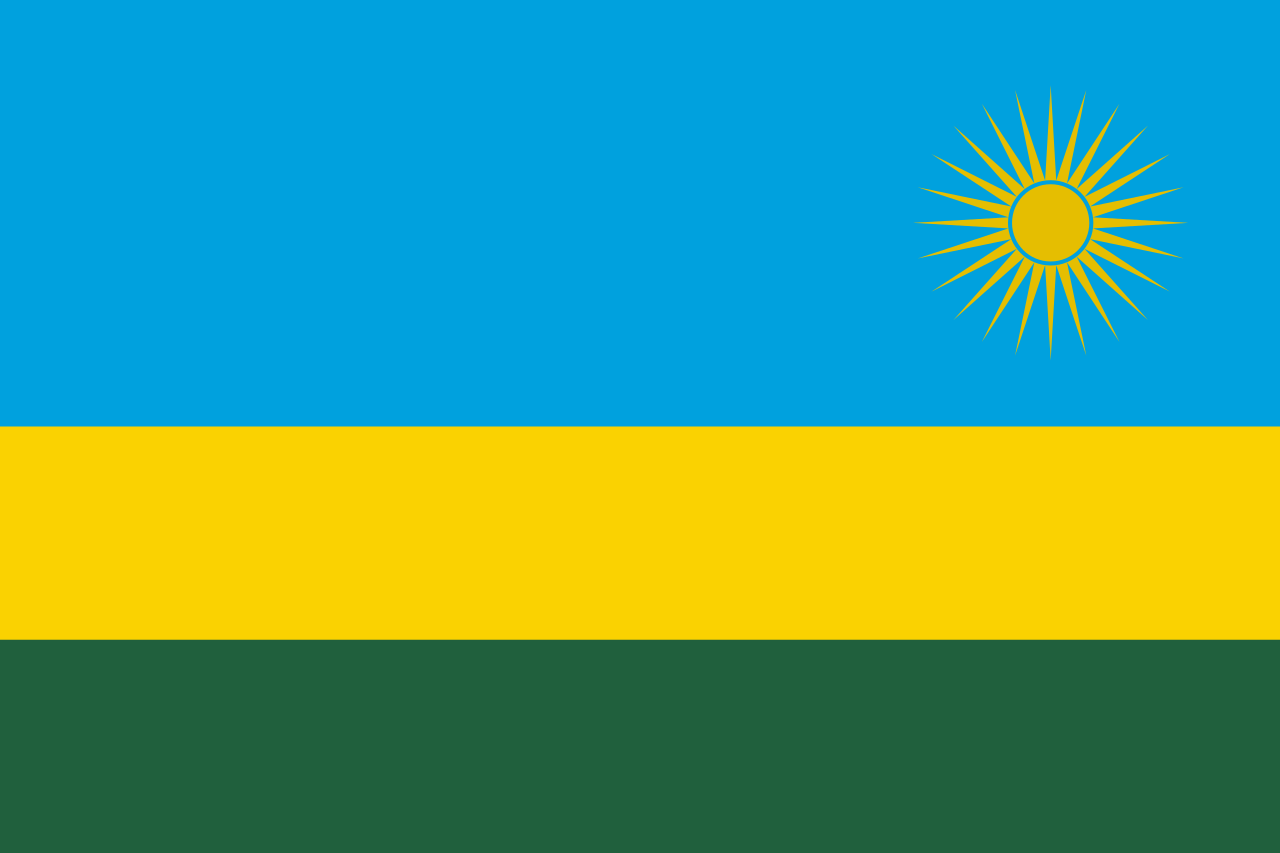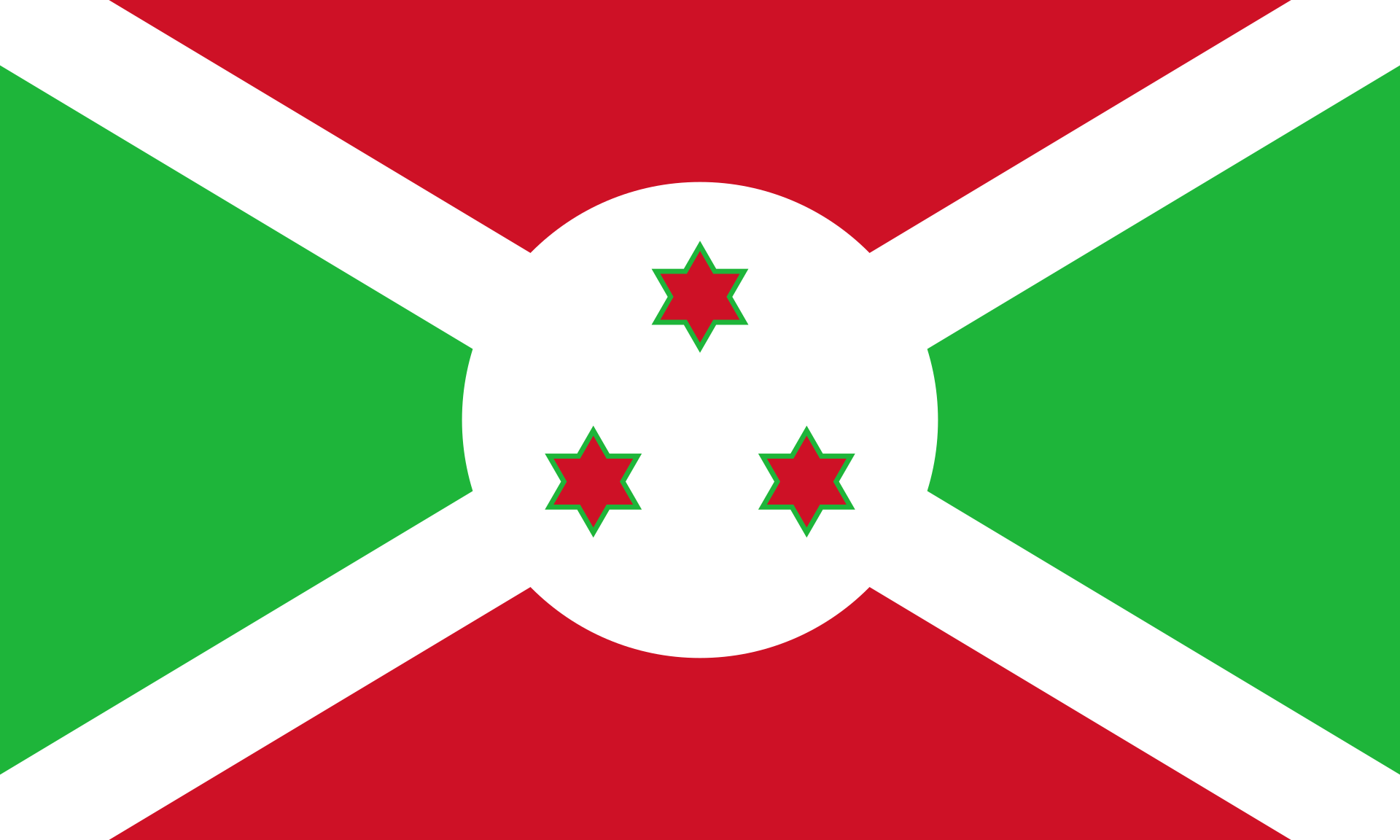Local government officials in Kigali, on Saturday, December 2, launched a two-day campaign to sensitize people about the dangers of gender-based violence (GVB).
The effort is part of the 16 Days of Activism against GBV, an annual international campaign that kicks off on November 25 and runs until December 10.
In Kigali, various places including Karama model village in Nyarugenge District, Club Rafiki and Maison de Jeunes, hosted events aimed at sensitizing people about GBV, in addition to offering services like screening for Non-communicable diseases (NCDs) and HIV.
At Karama model village, Mireille Batamuliza, the Permanent Secretary at the Ministry of Gender and Family promotion, tipped the audience on the four types of GBV and urged them to play a role in fighting them.
She noted that GBV can be categorized into physical violence, psychological violence, sexual violence, and socio-economic abuse.
Institutions where people can report GBV cases include Rwanda Investigation Bureau (RIB) and Isange One Stop Centre which have a toll-free number 116.
While the government has been proactive in the fight against gender-based violence, including the criminalisation of GBV in 2008 and the introduction of an anti-GBV policy in 2011, the problem is still widespread.
From January to November, the National Public Prosecution Authority (NPPA) received 8,678 GBV cases. Out of these, 3,803 cases made their way to court, and 4,267 cases were successfully resolved. Among the total cases, 4,364 cases involved child defilement.
Marc Baxmann, the Deputy Head of Cooperation at the German Embassy, one the key partners with Rwanda in the fight against GBV, told The New Times that the problem is widespread across the globe and requires concerted efforts to deal with it.
Through the German Corporation for International Cooperation (GIZ), the German embassy in Rwanda is supporting a project called “Preventing Gender-based Violence” which features a wide range of activities including working with peer educators and social workers to raise awareness on GBV, as well as supporting Isange One Stop Centers where people go to get advice and care when they are confronted by GBV.
“The problem of gender-based violence is widespread across the globe. One in three women reports that they were abused in their lifetime, globally. So I think it's a global issue. That's why we're also engaged in the 16 days of activism,” Baxmann said.
Globally, UN Women reports that an estimated 736 million women, nearly one in three, have endured physical and, or, sexual intimate partner violence, non-partner sexual violence, or both at least once in their lives (30 per cent of women aged 15 and older). This figure excludes incidents of sexual harassment. - Hudson Kuteesa, The New Times







